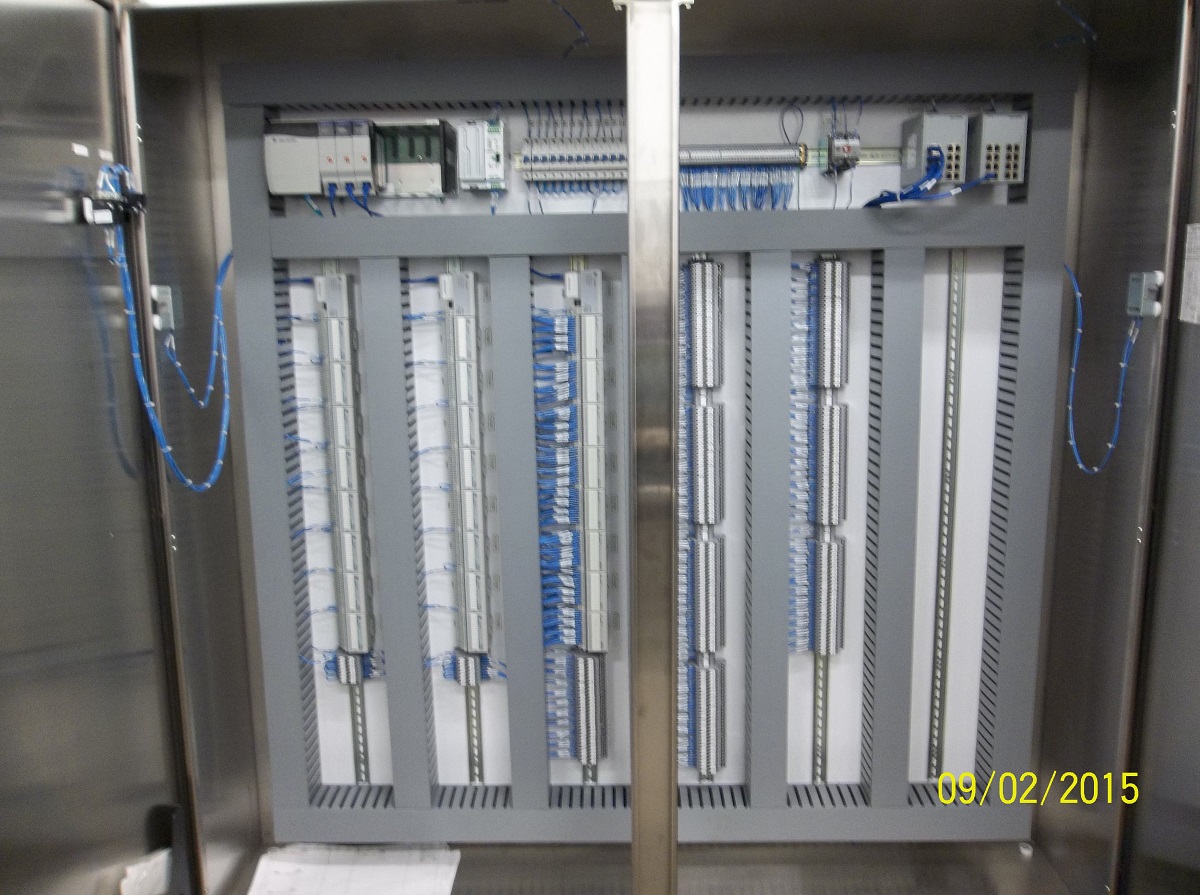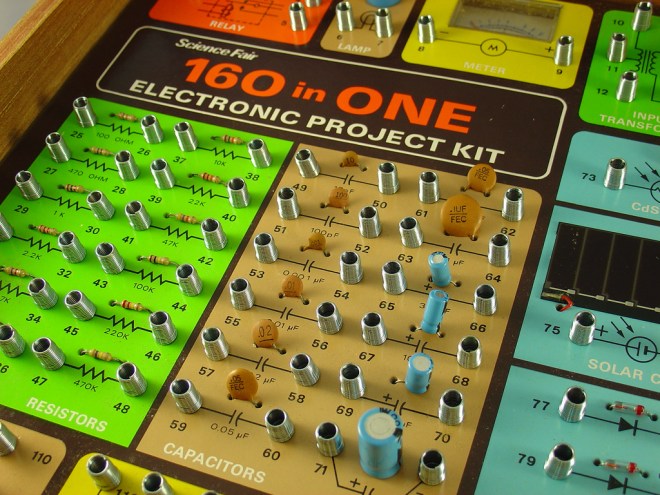- Joined
- May 11, 2018
- Messages
- 155
- Reaction score
- 86
Hey Folks,
So I'll start this off with I'm an engineer by trade and I build software for industrial controllers; so the programming, wiring and fabrication stuff is perfectly fine for me.
The main driver to this post is that I want to understand the parameters of my tank and preferably continuously in a digital format such that I can adjust my water parameters as needed.
I'm seeing the Neptune includes most of the sensors I think I should be interested in for $800; which sounded very high to me. I can purchase temperature sensors for $1 and build a housing fairly inexpensive too.
The salinity/conductivity, ORP and pH sensors from my vendor are a whopping $150-$200 each (call it $175). So that's $525. My controller, interface and housings would probably be another $150. So I'm figuring its roughly $675 to build my own or I could possibly just purchase for $125 more.
Questions.
So I'll start this off with I'm an engineer by trade and I build software for industrial controllers; so the programming, wiring and fabrication stuff is perfectly fine for me.
The main driver to this post is that I want to understand the parameters of my tank and preferably continuously in a digital format such that I can adjust my water parameters as needed.
I'm seeing the Neptune includes most of the sensors I think I should be interested in for $800; which sounded very high to me. I can purchase temperature sensors for $1 and build a housing fairly inexpensive too.
The salinity/conductivity, ORP and pH sensors from my vendor are a whopping $150-$200 each (call it $175). So that's $525. My controller, interface and housings would probably be another $150. So I'm figuring its roughly $675 to build my own or I could possibly just purchase for $125 more.
Questions.
- Do you really need all of those sensors or which ones are most critical? I'm thinking Salinity, Temperature and pH. I'm not sure about ORP.
- Has anybody built one before and if so; what sensors/vendors did they use? I use Atlas Scientific, albeit they are pricey.
- This is pretty high for monitoring. How often do folks monitor without these solutions and what is the cost of that typically?
- Are there additional benefits to the Apex?
- Are there alternatives to the Apex primarily for water quality monitoring?
- Are there sensors for Magnesium and Calcium?


















